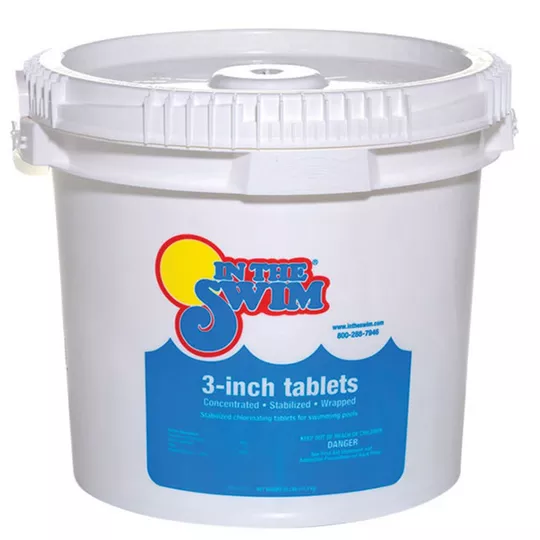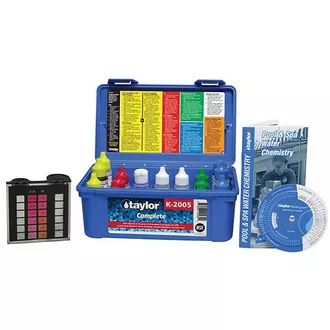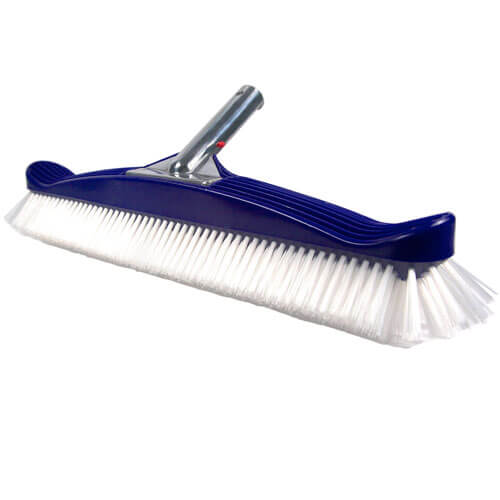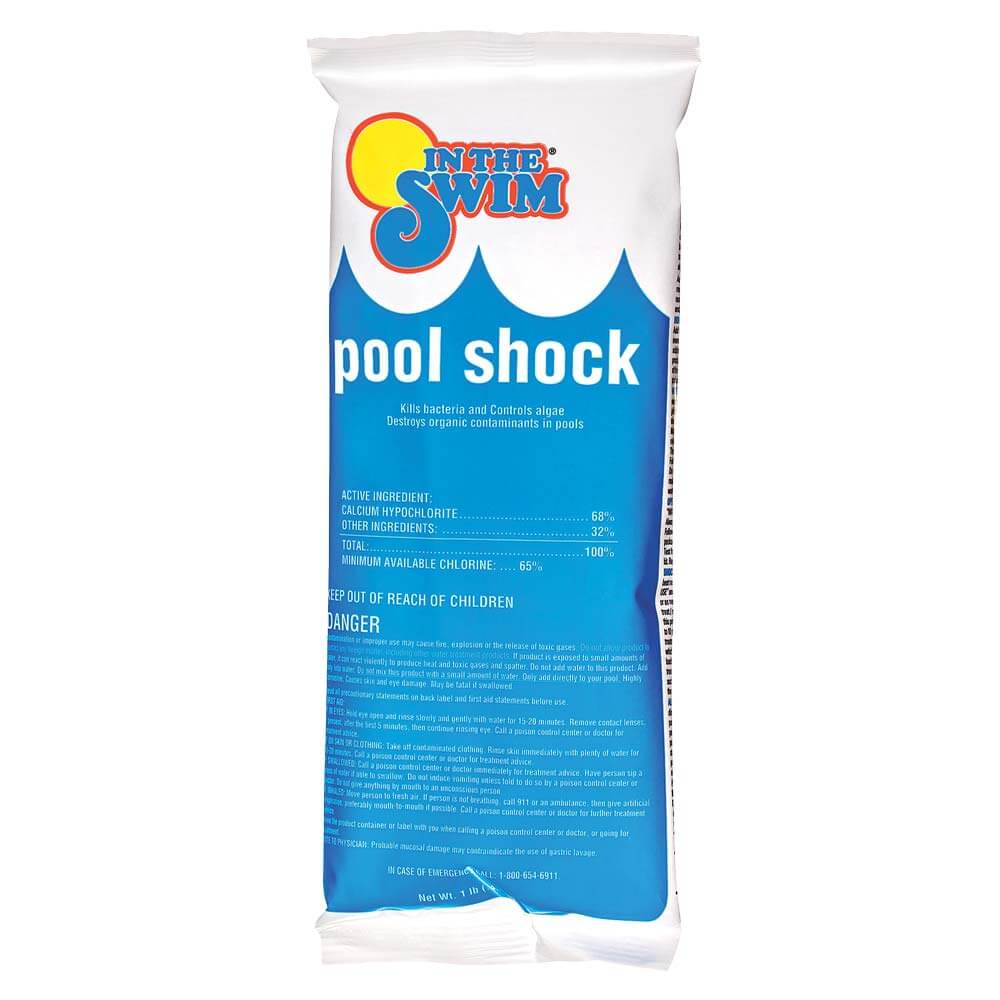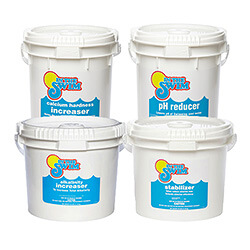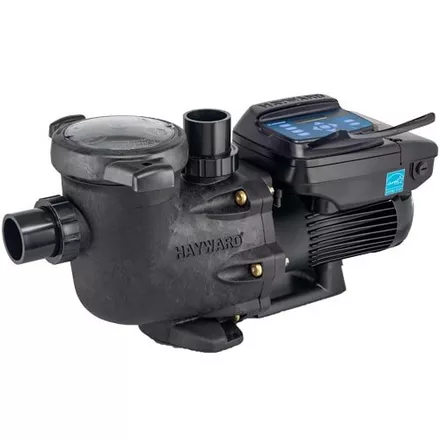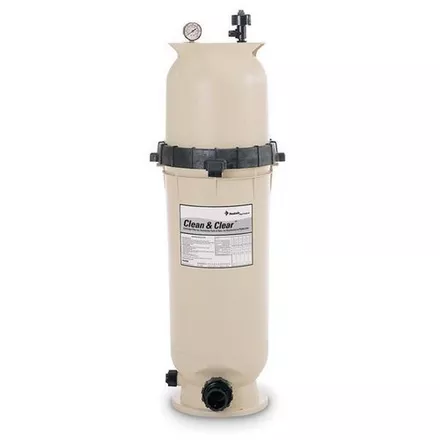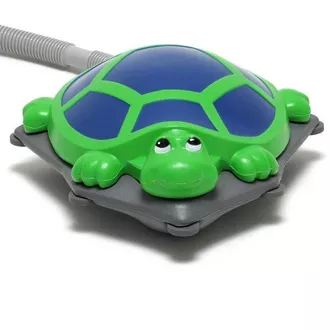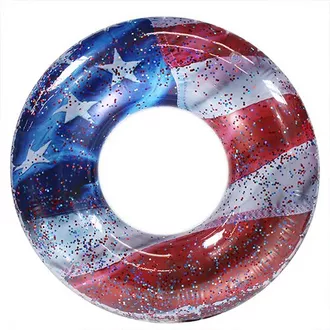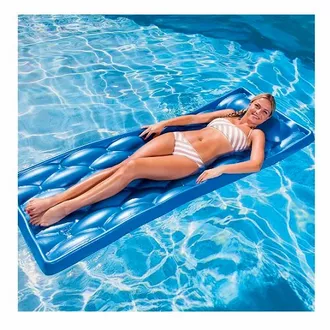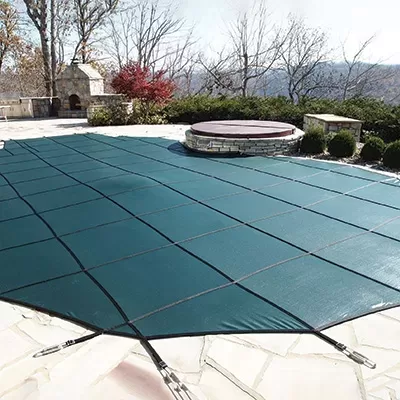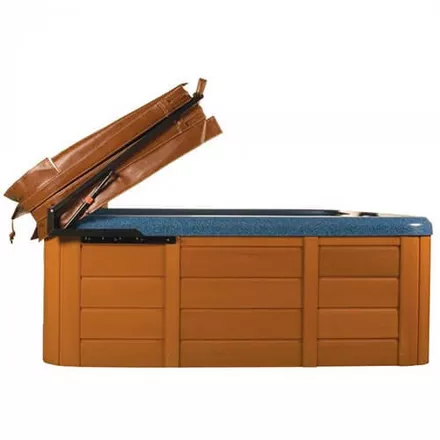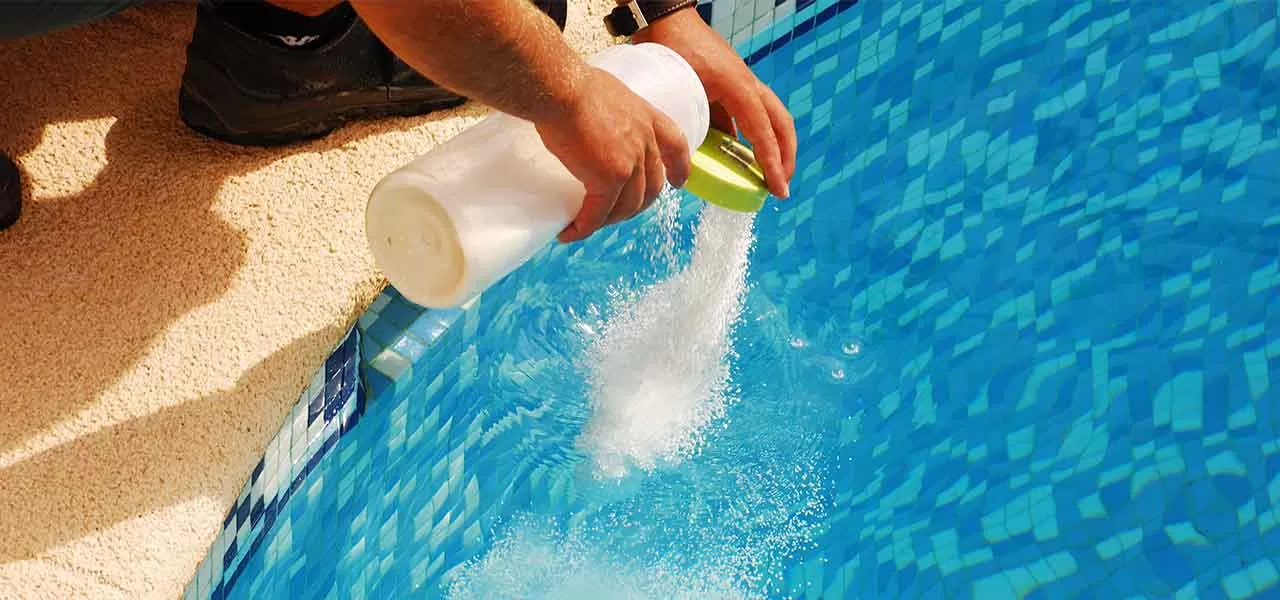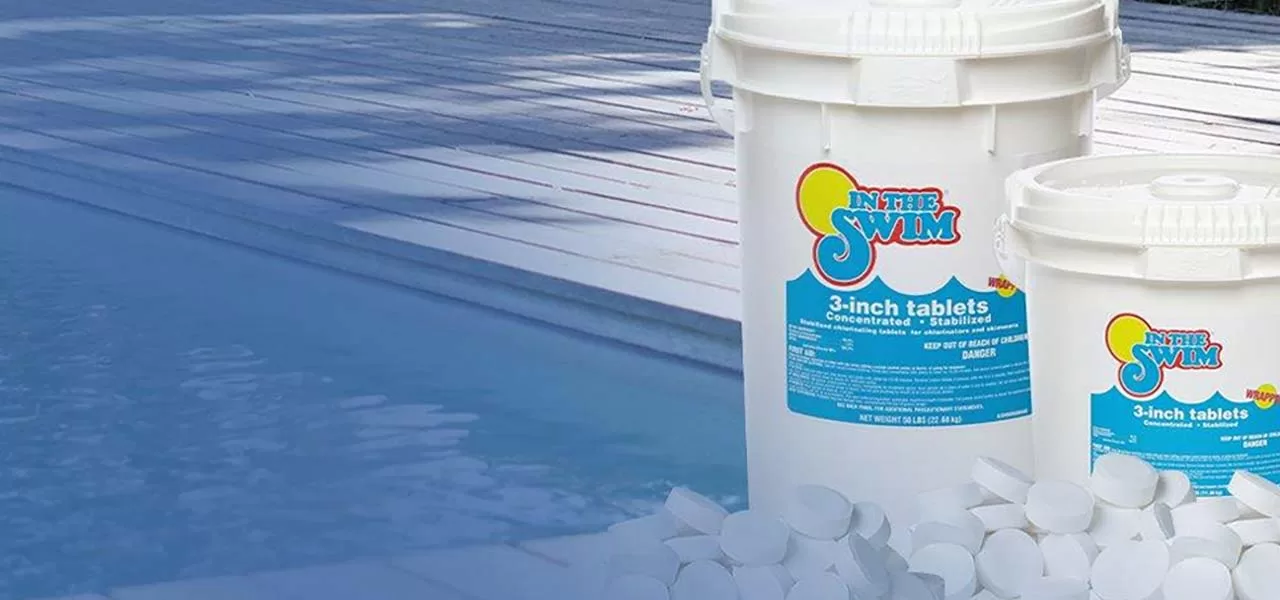National Poison Control Center 1-800-222-1222
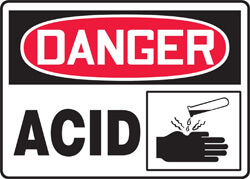
When I was doing commercial pool management, we would deliver chlorine and acid to our pool accounts in 5 gal. containers; Red for Acid and Blue for Chlorine. When the liquid chlorine vat got low, the pool operator would open a few blue containers and refill the vat. One day, a lifeguard opened a Red container and began pouring Acid into a vat of liquid chlorine! He immediately realized a mistake, and was fortunate enough to escape the pump room quickly. 342 guests and employees of the hotel were also quickly evacuated. We lost that account, by the way.
Acids & Chlorines are undoubtedly the most hazardous chemicals used around a swimming pool, and mixing the two creates dangerous fumes, not unlike a mustard gas, very deadly. And it doesn’t matter what form the acid or chlorine is in; liquid, tablet or granular; if these two substances have any contact with each other, a hazmat condition is created.
National Poison Control Center 1-800-222-1222
Pool Chemical First Aid
Chlorine Gas Inhalation
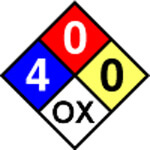
If you opened a bucket of moist chlorine, or a chlorinator and took in a snoot-full of chlorine gas; I’m living proof that it won’t kill you. However, depending on the level of exposure, chlorine gas (banned by the Geneva Protocol as a wartime weapon) can be fatal.
I’ve never had to see a doctor for my minor exposures, but we did have one of our pool techs go to the hospital (Hi Eric!) after opening a chlorinator that had been stored for winter – with chlorine tablets left inside.
- Get to fresh air as soon as possible.
- Chlorine fumes are heavier than air, avoid low lying areas.
- Seek medical attention for symptoms that persist such as:
- Intense burning airways and lungs
- Difficulty breathing or wheezing
- Vomiting or Intense Nausea
- Chest tightness and coughing
Chlorine in the Eyes
Be careful not to rub your eyes after handling chlorine tablets, or you may feel a slight burning sensation! Chlorine can also enter the eye from broadcasting pool shock into the wind, or by splashed liquid chlorine. Fumes from chlorine, which is chlorine gas, are also quite irritating to the eyes.
- Immediately rinse under a shower or sink, or use a nearby garden hose. Or, dunk your head into the pool.
- Rinse eyes for 15 minutes continuously, before seeking medical attention.
- Don’t rub the eyes, but pull out the eyelids to allow for full irrigation.
After rinsing, vision will be blurry and eyes slightly irritated. If conditions dictate, seek medical help for an evaluation by an eye doctor.
Chlorine on the Skin
Touching chlorinated products like liquid bleach, tablets or shock is not inherently dangerous, but is best to avoid. Short duration contact with chemicals will not irritate most skin areas, but longer term contact, like a chlorine granule stuck under a watch band or large ring, can burn the skin severely if not quickly removed.
For short duration contact with chlorine, rinse the skin well, and apply a moisturizing lotion. If the skin has suffered second or third degree burns, rinse well and apply a burn ointment and a daily bandage. For longer duration contact with greater skin damage, seek immediate medical attention.
Inhaling Acid Fumes
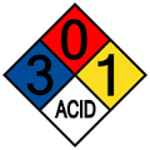
This most commonly occurs when acid washing pools, walls or floors, and if you use Muriatic acid for pH control, you know how strong the fumes from acid can be. When muriatic acid is added to any surface, an immediate chemical reaction occurs, releasing volumes of hydrogen chloride, an extremely caustic and corrosive gas.
Fortunately, our lungs immediately react to the corrosive liquid, and you will find it hard to breathe. Nonetheless, a single whiff of acid fumes can burn nasal passages and irritate the lungs, which you will notice as soon as you stop coughing.
Acid fumes lay low and linger, if a person has been stuck in an acid cloud for any length of time, medical attention may be urgently needed. Symptoms may not present themselves until after exertion, therefore rest and fluids are indicated.
- Choking or coughing blood
- Edema, or fluid in the lungs
- Intense irritation in airways
- Rapid blood pressure drop
- Weakness and/or dizziness
Acid in the Eyes
Splashed from a bottle or while acid washing, even a weak solution of muriatic acid can cause prompt and permanent eye damage, if not rinsed immediately.
- Strip any clothes that have been splashed with acid
- Immediately rinse under a shower or sink, or use a nearby garden hose. Or, dunk your head into the pool with eyes wide open.
- Rinse eyes for 15 minutes continuously, before seeking medical attention.
- Don’t rub the eyes, but pull out the eyelids to allow for full irrigation.
For small splashes of a few drops that were rinsed almost immediately, medical attention may not be needed. If irritation or burning persists after 15 minutes of rinsing, or blurry vision does not improve quickly, see an eye doctor for an assessment.
Acid in the Mouth
I’m embarrassed to admit, but this one too has happened to me, drops of acid in my mouth trying to prime a Stain Master! It sure tastes acidic, but after a long mouth rinse I was fine. Prolonged exposure to acid in or around the mouth can produce serious burns to the soft tissue and tooth enamel. Drinking acid, as you might imagine, can burn not only the mouth, but the esophagus and stomach.
For acid splashed into mouth, just rinse well, but when a quantity of acid is swallowed, follow this procedure:
- Do not induce vomiting, but dilute the acid with 12-24 oz. of milk or water.
- Transport immediately to a medical facility; bring the bottle or name of the chemical that was swallowed.
Acid on the Skin
Just like on pool plaster, when muriatic acid contacts skin, it immediately begins to eat through the skin, and will eat straight through if not rinsed off quickly. For minor splashes near a water source, just rinse the affected area under water for several minutes.
Prolonged exposure, or major splashes with lengthy contact time need medical attention immediately. First aid for acid burns is to remove all wet clothing, and rinse under a shower, in a pool, or from a garden hose. Continue rinsing the area and apply a burn cream. See a doctor for burns that have reached the tissue beneath the skin.
Pool Chemical Safety
Chlorine & Acid Storage
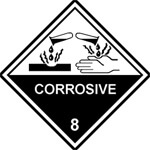 Store Acids or pH decreaser in a separate location from chlorine products.
Store Acids or pH decreaser in a separate location from chlorine products.- Store liquid pool chemicals on a bottom shelf, and never above other chemicals.
- Store pool chemicals in a cool, dry location – not outdoors.
- Separate your chlorine products, tablets and shock can ignite and explode if mixed.
- Keep acids and chlorines tightly sealed in a bucket or plastic container.
Chlorine & Acid Use
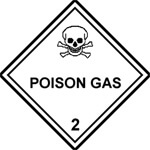 Add one chemical to the pool at a time, resealing chemical tightly after use.
Add one chemical to the pool at a time, resealing chemical tightly after use.- Use a clean chemical scoop, chemical residue can cause a reaction.
- Use caution when opening a chemical bucket; hold breath and turn away.
- Apply liquids low to the water to avoid splashing.
- Apply granular chemicals carefully, never broadcast into the wind.
For further information contact:

